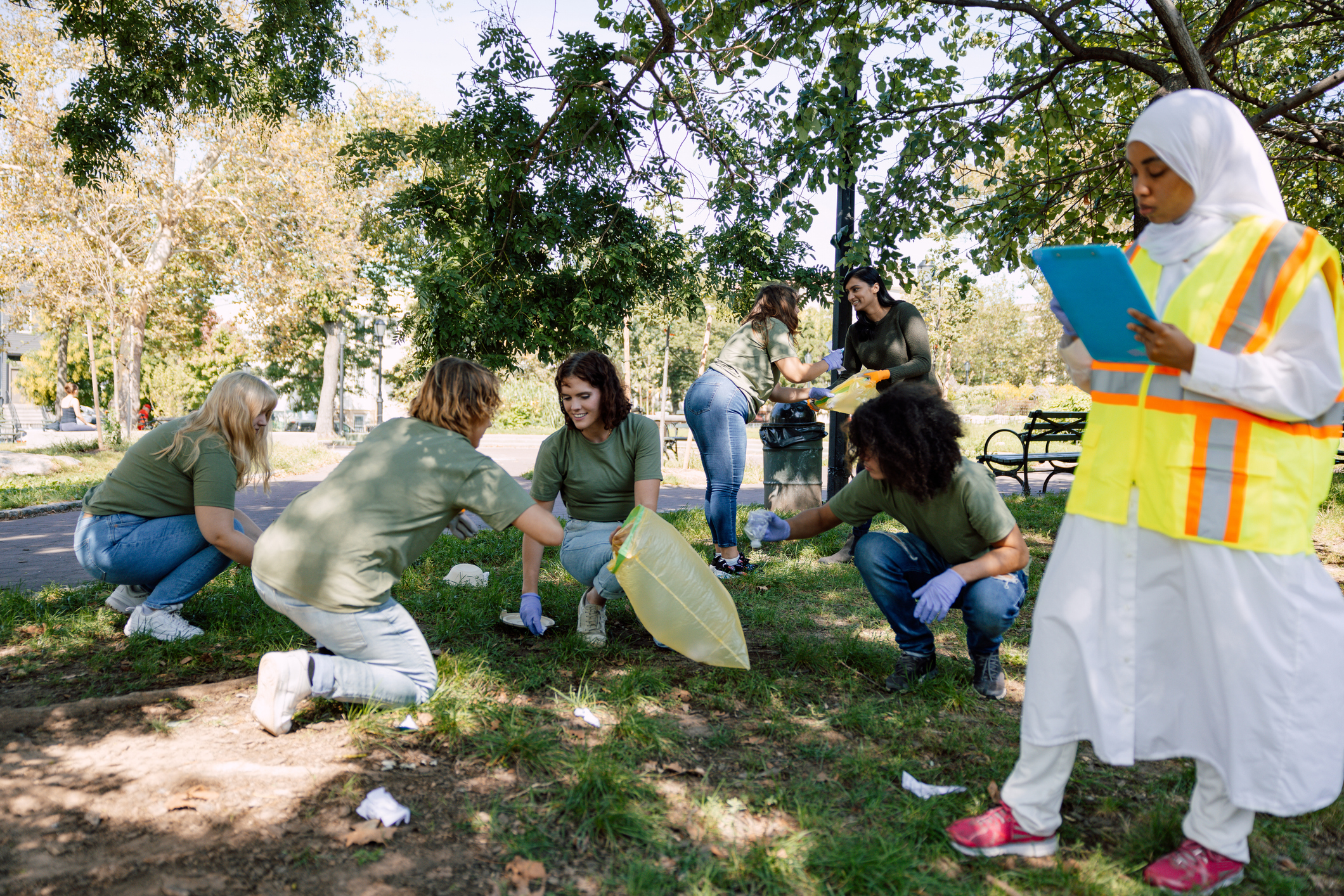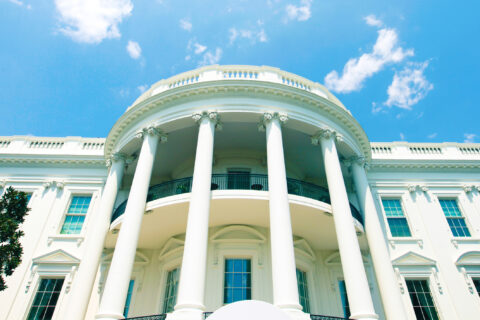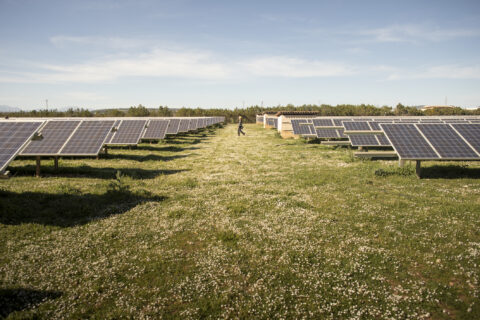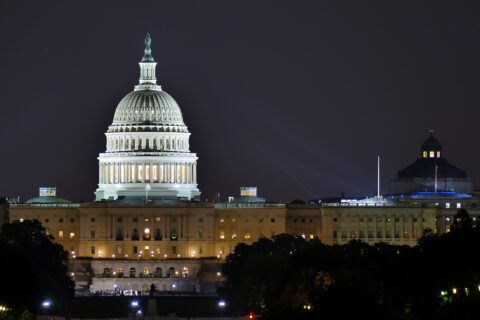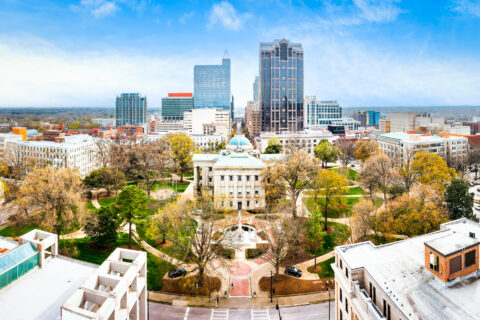Co-Authored by NLC Intern Tessa Nguyen
The Energy Efficiency and Conservation Block Grant (EECBG) assists states, local governments and Tribes in implementing strategies and programs to reduce energy use, reduce fossil fuel emissions and improve energy efficiency. Under the program, there are 14 different eligible use areas, ranging from renewable energy generation technology (e.g., solar or wind), to electric vehicle and infrastructure development, to energy efficiency and energy planning.
Cities with a population of or above 35,000, or among the 10 most populous cities in the state, are eligible to receive a direct formula allocation from the U.S. Department of Energy (DOE). Eligible cities are listed here. The deadline for local governments to accept these funds is October 31.
This blog provides an overview of the process, outlines opportunities for application assistance and options to utilize the funding in ways that can reduce administrative burdens and provides project ideas from cities that are already putting the funds to work in the community.
Pathways to Funding
The first step in claiming your city’s EECBG funds is to submit an indication to apply, either by submitting a Pre-Award Information Sheet (PDF) or registering directly on the Voucher Portal.
This EECBG program flyer (PDF) provides an overview of the simplest and most straightforward way to utilize EECBG funds in your community, as summarized below.
Vouchers vs. Grants
Depending on the project and community needs, grantees can choose to apply for a voucher or a grant. Vouchers are recommended for those with funding allocations less than $250,000 and can be used for equipment rebates or technical assistance. With their shorter application process, fewer reporting requirements plus faster award-making process, vouchers may be a good option for communities with straightforward projects and needs.
Grants, on the other hand, may be better for communities seeking greater flexibility. As with a traditional grant, local governments can pursue multiple projects, including projects involving programmatic work and staffing costs. They also allow the option for grantees to receive funds upfront rather than being reimbursed.
DOE published a template traditional formula grant application and example Energy Efficiency and Conservation Strategies (from already awarded local governments).
Blueprints
EECBG program blueprints are model “off the shelf” project examples that are already approved by DOE. The blueprints provide guides to 13 project/program ideas, outline key steps grantees should take and provide links to key tools and resources to accomplish the projects. Utilizing the blueprints unlocks a faster application review timeline.
Application Assistance
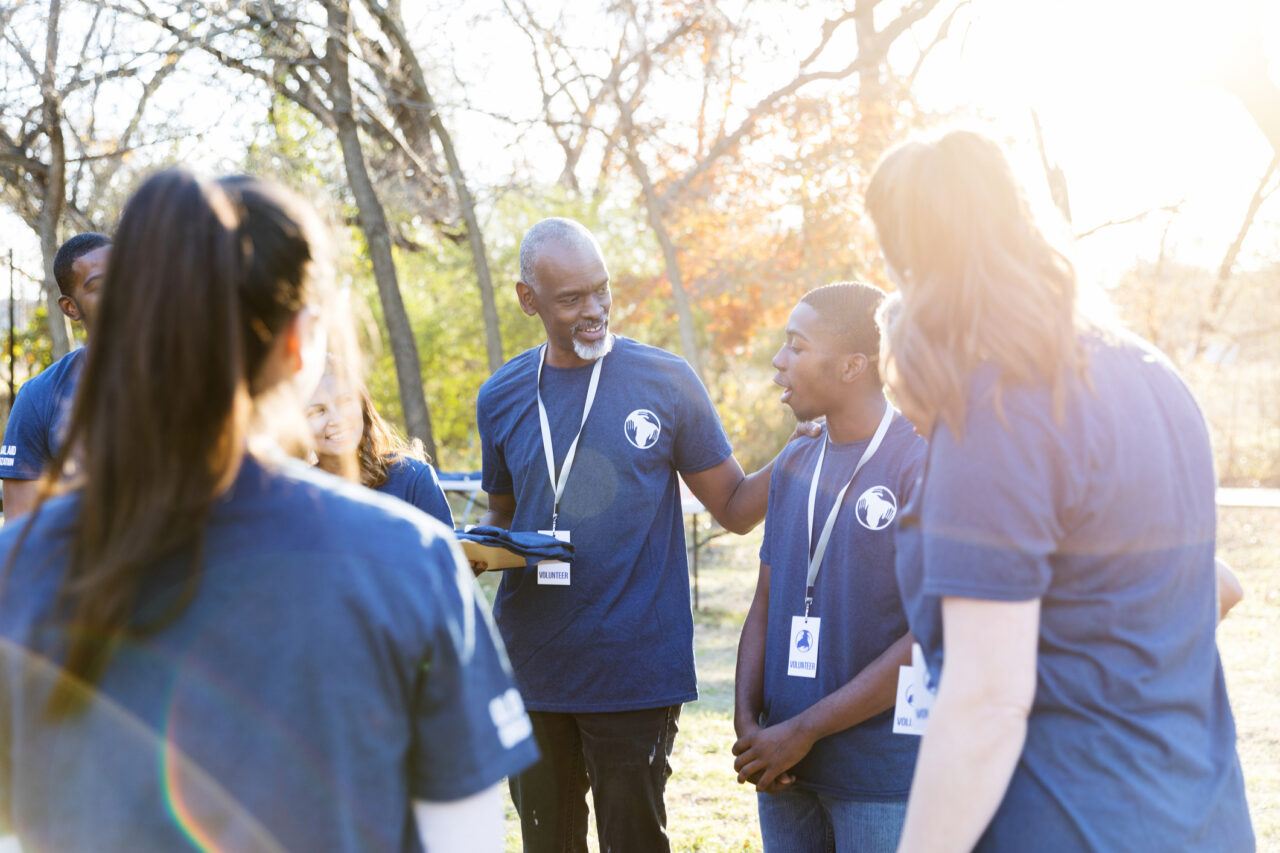
There are a variety of opportunities for local leaders to gain support in finalizing the EECBG application. Local governments can request free assistance through the Environmental Justice Thriving Communities Technical Assistance Center here: EECBG Application Support Form.
For those seeking strategic guidance, the National Renewable Energy Laboratory offers 10-20 hours of free support with clean energy experts through EECS_TA@nrel.gov.
Additionally, DOE is offering frequent office hours for grantees to chat with EECBG program staff. Local leaders can also email the program team at EECBG@hq.doe.gov.
More information on technical assistance can be found on the Energy.gov website.
Project Examples from Formula Awardees
Below are a few cities that have received funding from the EECBG program to date and their project goals. See more awardees and projects on the DOE website. here.
Ann Arbor, MI
In Ann Arbor, the Bryant Community Center is being renovated into a net-zero resilience hub. With their $182,360 grant, the city is installing energy efficient technologies such as insulation, window replacements, all-electric appliances, a geothermal system and increased energy storage. This hub serves and aims to educate historically disadvantaged communities on clean energy.
Fort Worth, TX
Fort Worth is launching multiple projects with their $785,490 grant including creating and implementing an energy efficiency strategy. Additionally, the city is launching a public outreach and education campaign to assist disadvantaged communities with rebates and tax credits that will reduce energy costs.
Madison, WI
Madison’s Building Energy Savings Program aims to improve energy efficiency in large commercial buildings. With an awarded $291,340, the city is launching a web and database platform to benchmark and analyze energy usage. This will aid in tracking the program’s success and identifying opportunities for further energy savings.
Tempe, AZ
Tempe is launching a pilot program to retrofit mobile homes in three parks: Sage Point, Chaparral Village and Rancho Tempe. With $236,650 awarded from the EECBG, the cost of energy-saving upgrades including LED lighting, updated HVAC systems and insulation improvements will be subsidized. This project will alleviate energy costs for underserved households, contributing to Tempe’s goal of equitable community carbon neutrality by 2050.
Warner Robins, GA
Warner Robins received a grant of $135,070 to install four fast EV charging stations with shade structures. These additions are in support of Middle Georgia Clean Air Coalition’s initiative to ensure drivers are always within 15 minutes of an EV charger, increasing accessibility to clean transportation.
Wenatchee, WA
With a $76,300 grant, Wenatchee is collaborating with Sustainable NCW and the National Renewable Energy Laboratory to support greenhouse gas (GHG) reduction efforts. In this project, they will inventory GHGs, assess existing programs and recommend future improvements that will increase energy savings and reduce costs.
NLC and DOE are here to support cities, towns and villages in claiming their allocated EECBG formula funds. These funds can provide important seed money to expand or jumpstart local efforts for energy efficiency, energy conservation and renewable energy. Don’t leave these funds behind!
Take Action Now
Ask your Member of Congress to cosponsor bipartisan legislation (H.R. 1520) to reauthorize and expand the EECBG program.
